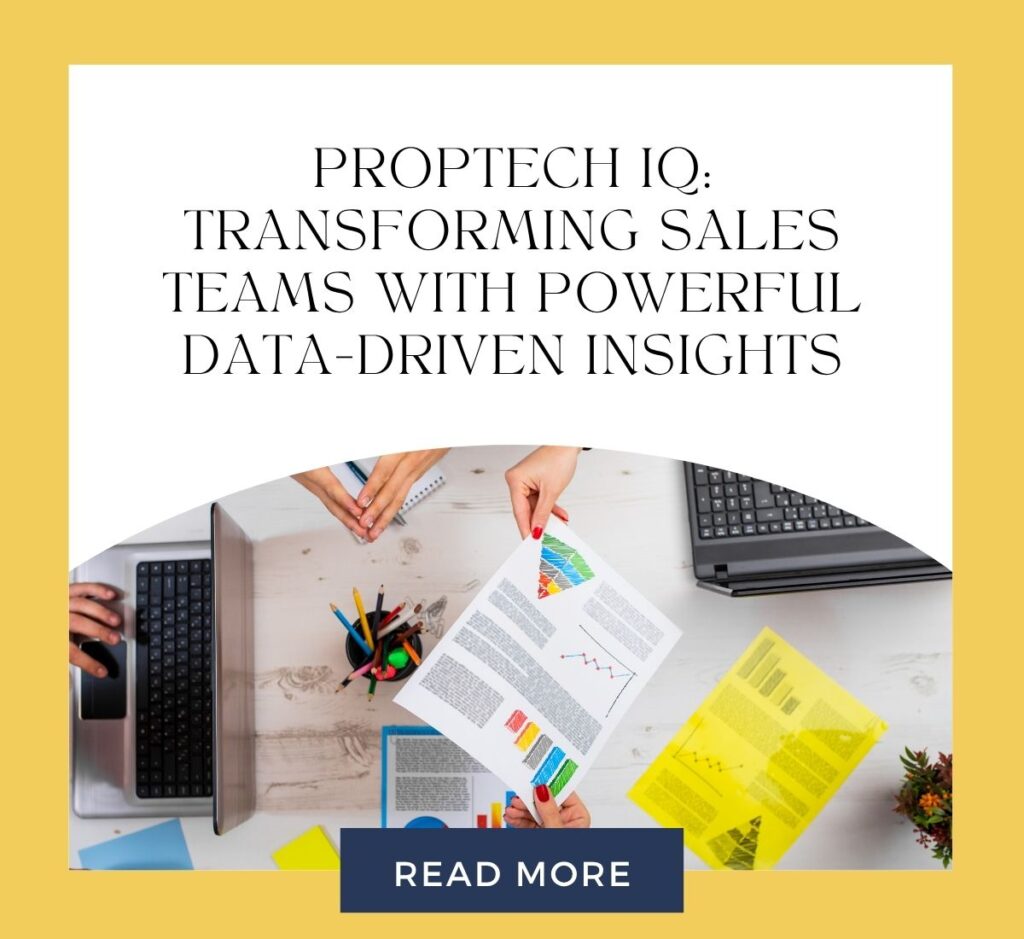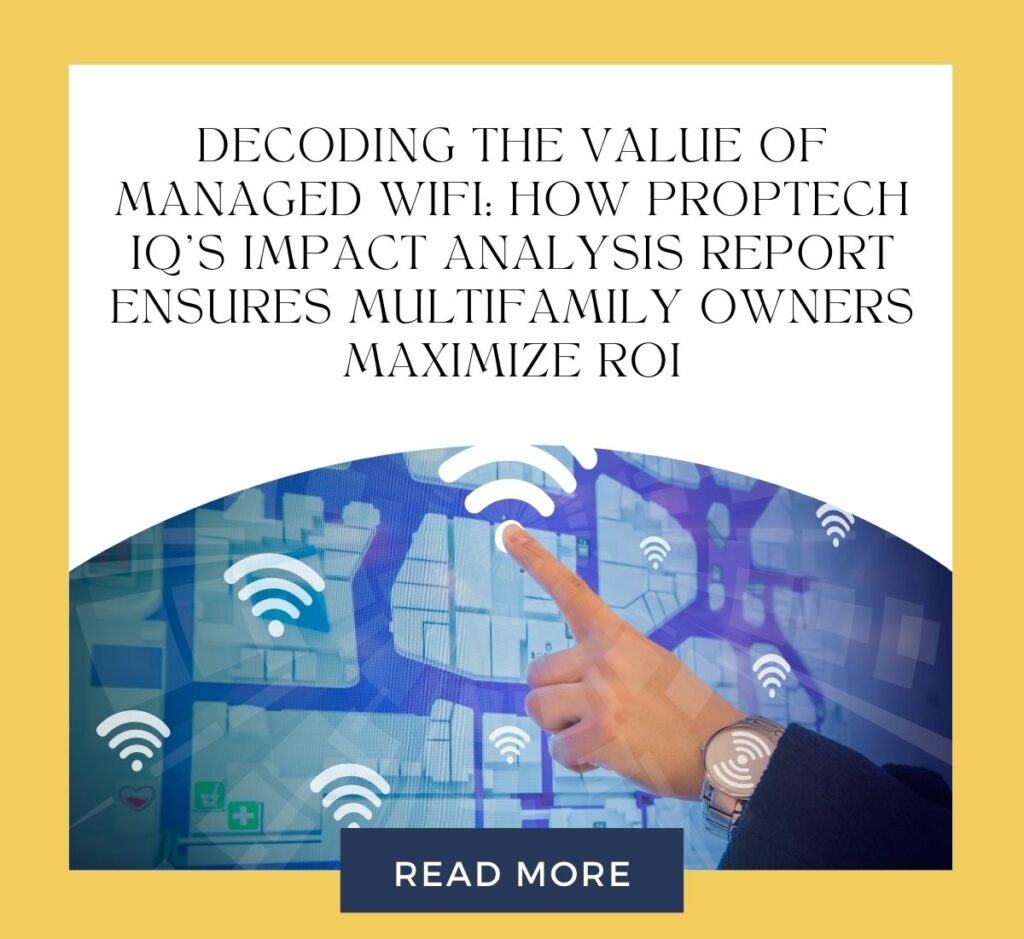Artificial Intelligence (AI) isn’t the future—it’s the now. In the latest Builder Innovator Bull Session, a powerhouse panel of proptech experts came together to discuss how AI is actively transforming the multifamily industry. Hosted by Devam Dhawan of Builder Innovator, the session featured key voices, including our very own, Taylor Wiederkehr, CEO of PropTech IQ®; Demetrios Barnes of Zenni Homes; and Brandon Savage of AE Ventures.
This wasn’t your typical tech hype. The conversation focused on what’s actually happening with AI in multifamily today and what’s just around the corner.
AI That’s Already Delivering Value
From automated invoice coding to predictive maintenance tools, AI is already embedded in the operational fabric of many multifamily businesses. One standout example? PredictAP’s ability to process 100,000 invoices per month using AI, cutting down manpower and increasing accuracy in GL coding. Tools like this are reducing friction in time-consuming processes that once took weeks or required large teams.
Other practical applications discussed include AI-assisted renter communications (such as chatbots and auto-responses), smart maintenance scheduling, and even AI-powered call recording and note-taking tools that help reduce CRM data entry, one of the biggest sales bottlenecks.
Why AI Training is the Hidden Challenge
The panelists stressed a key reality: while AI is user-friendly out of the box, training it isn’t. Effective AI implementation demands time, intentional setup, and clear boundaries. Organizations must establish parameters, train tools on unique workflows, and integrate them with existing data systems like property management software (PMS) or data warehouses.
Wiederkehr emphasized the importance of synergy across tools. AI is no longer siloed. Solutions are linked together to create seamless workflows, helping companies automate not just tasks, but entire processes.
AI and Autonomy: Power Back to the People
One major takeaway from the discussion was how AI is democratizing capability. Small teams and mid-sized operators can now do what once required massive infrastructure. AI enables autonomy, from generating reports using existing datasets to creating custom internal tools, all without breaking the budget.
We’re seeing companies ask, “Do we need to spend $10k/month on a SaaS platform, or can we build what we need in-house with AI?” This is particularly relevant in marketing and operations, where AI helps staff be more self-directed and strategic.
Rethinking Workforce Roles: Threat or Opportunity?
Naturally, the conversation touched on a controversial topic: AI’s impact on jobs. Rather than framing AI as a job-killer, the panel encouraged seeing it as an upskilling tool. Entry-level roles may evolve, but AI can elevate them into more strategic and managerial functions.
The discussion also brought in global perspectives. In Sweden, for example, labor unions are embracing automation and AI as opportunities for competitiveness, rather than threats, highlighting the importance of retraining and adaptability.
“AI doesn’t remove the need for human knowledge,” said Barnes. “It enhances how prepared we are to take action.”
Data is Still King
With the avalanche of information now available, decision-making is more complex than ever. But the panelists all agreed: data-backed decisions are better decisions. Companies with the ability to sift through noise, find actionable insights, and move quickly will have the competitive edge.
Wiederkehr pointed out that having third-party validation tools—like those offered by PropTech IQ®—ensures that decision-makers aren’t just relying on vendor promises, but on verifiable impact data. This is essential in a crowded tech market where clarity is everything.
Where AI Is Going Next
So, what’s still theoretical but within reach?
- Predictive analytics for maintenance and energy use
- Fully integrated AI platforms that link internal systems with LLMs (large language models) for dynamic reporting
- Enterprise-ready, customizable AI tools that require minimal technical support
And while these are still emerging, the industry is already laying the groundwork for widespread adoption. With falling costs and rising accessibility, the “AI parabola” is steep. Adoption could accelerate rapidly as solutions become more plug-and-play.
Final Thoughts: Embrace, Don’t Fear
AI is no longer a buzzword or a far-off innovation. It’s being used every day to reduce friction, empower teams, and help multifamily companies work smarter, not harder.
From enabling predictive maintenance to transforming the sales process, the message is clear: embrace AI thoughtfully, train it thoroughly, and watch your operations evolve.
Want to hear more from the experts? Dive into the full conversation and gain valuable insight into where AI is taking the multifamily industry next.
Watch the full episode of the Bull Session on YouTube and stay ahead of the curve.













